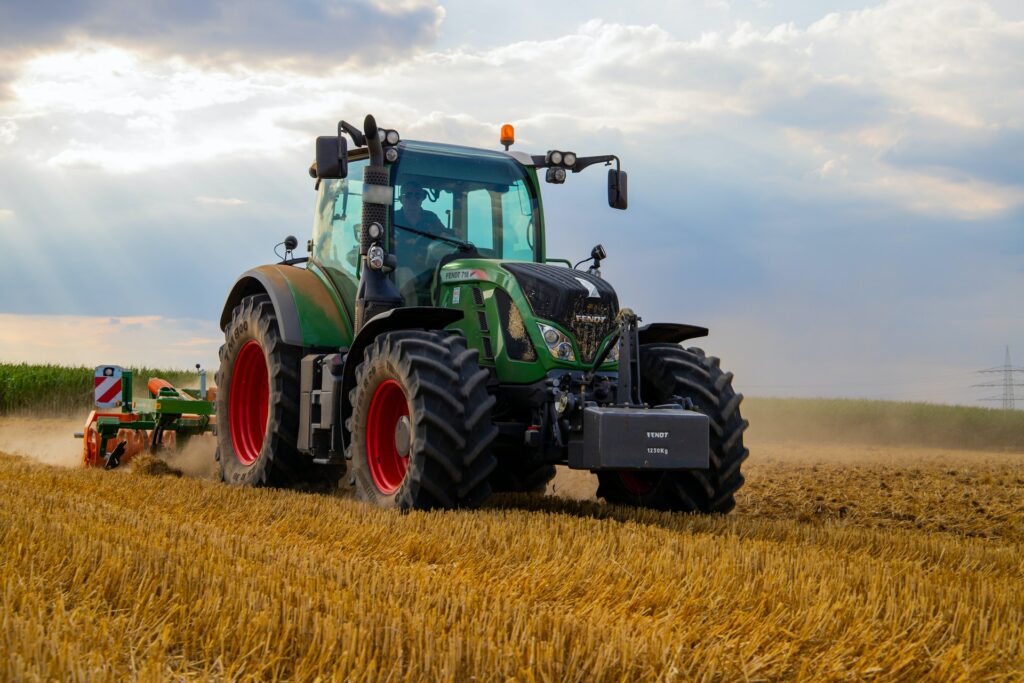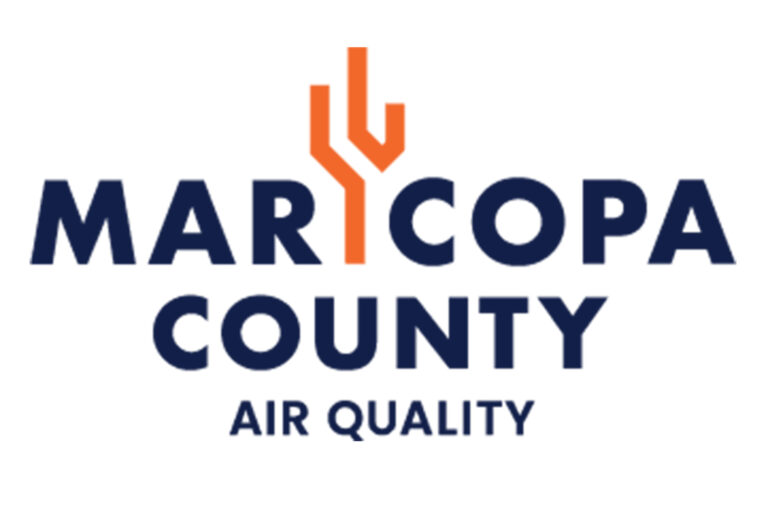
In the pursuit of a more humane and just world for animals, the Farm System Reform Act (FSRA) emerges as a beacon of hope. Introduced to the U.S. Congress in 2023 by Senator Cory Booker and Representative Ro Khanna, this bold bill seeks to transform our agricultural landscape and move us away from the dark shadow of factory farming. With the backing of over 100 local, state, and national advocacy organizations, the FSRA represents a significant step towards a brighter future for farming.
What is the Farm System Reform Act?
When the FSRA was first introduced in 2019, it marked a turning point in American farming policy. Unlike traditional legislation influenced by corporate meat companies, the FSRA champions a more ethical vision. It aims to end factory farming, empower independent farmers, and reduce the number of animals raised for food. To support this vision, the FSRA provides critical financial aid and training for farmers, recognizing that a humane agricultural shift requires both resources and education.
How Does the FSRA Work?
The FSRA imposes an immediate halt on the construction of new or expanding large Concentrated Animal Feeding Operations (CAFOs) and phases out existing factory farms by 2041. This transformation will reduce the overall number of animals raised for food and promote high-welfare, pasture-based conditions. Moreover, the bill encourages a significant shift towards plant-based food production, mitigating the pandemic risks associated with factory farming. Crucially, it provides financial support for farmers transitioning away from CAFOs.
Supporting Farmers in Transition
One of the FSRA’s key provisions is its commitment to helping farmers escape the clutches of factory farming. It offers debt relief for farmers, often burdened with crippling financial liabilities due to their operations. By eliminating this debt and aiding them in establishing alternative agricultural enterprises, such as growing specialty crops or organic foods, the FSRA empowers farmers to make the shift towards more ethical and sustainable practices.
Transforming Industrial Animal Agriculture
The FSRA envisions a significant portion of American farming being redirected from animal agriculture to plant-based production. This shift towards raising animals on pasture and growing crops for direct human consumption represents a leap forward in animal welfare. By holding factory farms accountable for their pollution and operating costs, the FSRA acknowledges the true environmental and ethical costs of current practices.
The Road Ahead
While the FSRA faces opposition from industry groups, it has sparked a vital national conversation about the future of American agriculture. Additionally, Senator Cory Booker’s Industrial Agriculture Accountability Act builds upon the FSRA’s goals, addressing issues exposed during the COVID-19 pandemic. It’s a call to action for all who believe in a more humane and sustainable future for farming.
How Can You Support the FSRA?
Advocate for change by spreading awareness about the FSRA. Share this article on social media, tag supportive legislators, and write to your local newspaper to raise public awareness. Contact your senators and representatives, urging them to co-sponsor the FSRA and the Industrial Agriculture Accountability Act. Engage in conversations about these acts with friends, family, and colleagues. Together, we are driving change towards a future without factory farms.
In Conclusion
Our farming systems urgently require transformation. The FSRA and related legislation offer hope and a path towards a more compassionate and sustainable agricultural future. While these bills may face challenges in their current form, they have already succeeded in igniting a nationwide dialogue about the need for alternatives to industrial animal agriculture. The closing of the “country of origin” loophole shows that legislative progress is possible. Together, we are shaping a future free from the grip of factory farming.

